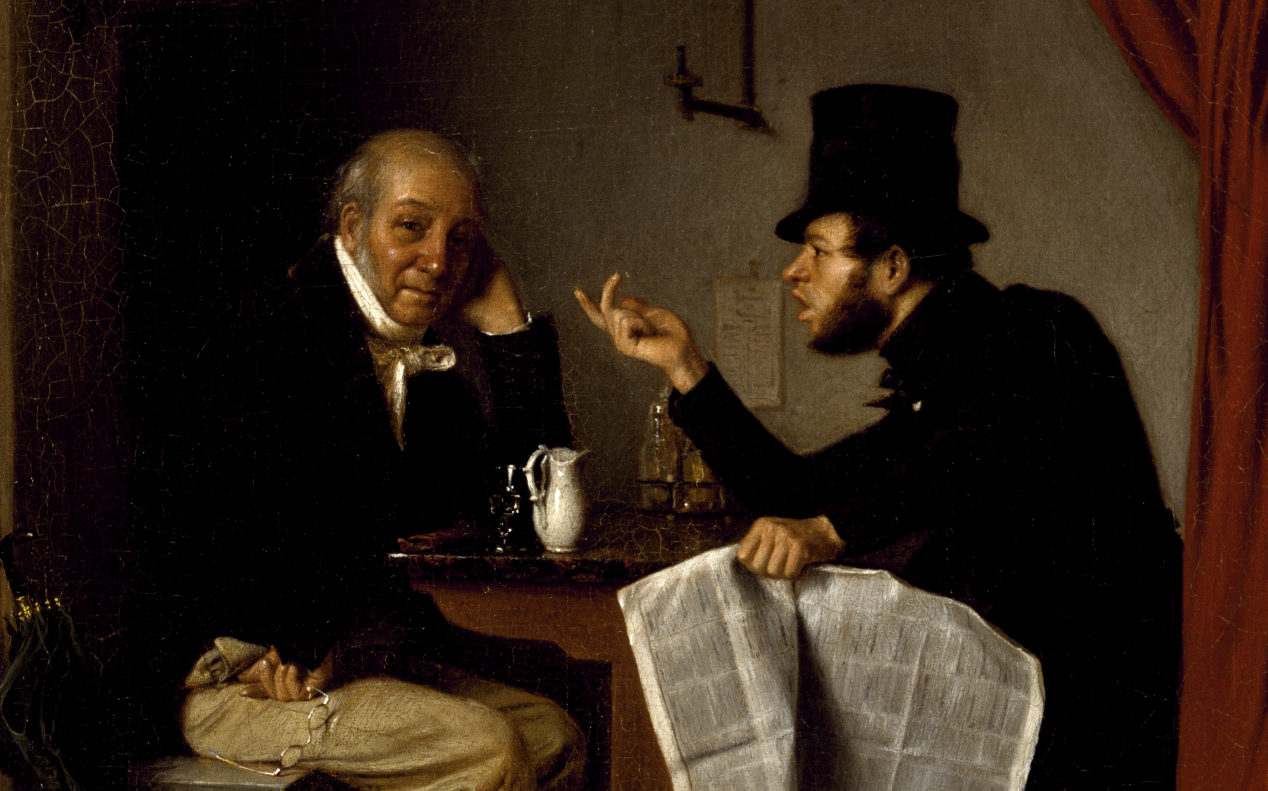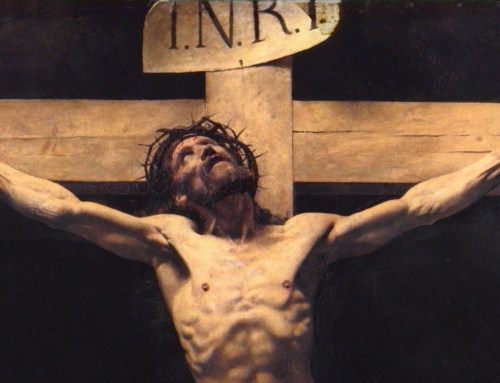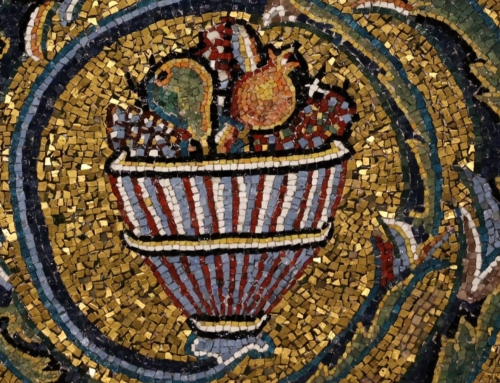This is a tale of two betweens.
As far as the presidential election goes, we’re currently in that period of relative peace and quiet between the conclusion of the national conventions and the real frenzy of the general election. The confetti in Cleveland and Philadelphia was swept up weeks ago, but the first Trump-Clinton debate is still a month away. It’s the last time we’ll have as a nation to reflect and recollect before being subjected to the full, multi-month torrent of attack ads, sound bites, and social media posts about the candidates.
If you’re grimacing at the prospect described above, this post is for you. You’re not alone, and, ultimately, I think the strong dissatisfaction many feel toward these candidates affords Christian citizens a unique opportunity to reassess our approach to public life and to actually mature in our faith. (This post is not intended to be a criticism of supporters of either presidential candidate, but rather to simply reflect on the experience of those who feel disaffected.)
What fascinates me most about this election is precisely how little the nation is looking forward to it, and yet how fixated we are upon it. One Pew study found that satisfaction with the choice of candidates is lower than it’s been in two decades, but voter interest is at its highest level in three decades. The campaign may demoralize many, but none of us can turn away. Millennial voters think this election “feels like a bad joke,” according to a recent Washington Post cover story, but, as the article’s opening anecdote notes, the “Hillary and Trump show is hard to tune out.”
The combination of fascination and frustration yields some telling results. One frequent response is snark—the kind you can slap on your back windshield. Another popular reaction has been to beg, sardonically, for it all to end. The parodic “Sweet Meteor of Death” presidential campaign, complete with slogans like “Promising an end to budget deficits… permanently,” may seem like a bit of dark comic relief, but this summer the farcical meteor was polling better among independent voters than any actual third-party candidate. The voter disaffection is real, and it’s having an impact on reality. Disappointment can beget cynicism, and cynicism masks despair—or the beginnings of it, at least.
Enter a second, more important “between” period.
I once heard a friar preach that there is always a period of time between the end of the war and the ticker tape parade back home. We are living in that cosmic “in-between time” now: the time between the victory of the Cross and Christ’s second coming. The rebellious still try to attack; not all the soldiers of the enemy accept the defeat. But they are defeated. Their way only leads to ruin. God has won the victory, and in our lives, as we live in the age of this in-between period, we strive to be made worthy partakers in the eternal glory of His victory.
Recalling this higher goal can only help put the presidential election—and every other worldly affair—into proper perspective. “To him that longs for something great,” St. Thomas observes, “all lesser things seem small.” And God Himself is our highest good, our ultimate aim, our supreme happiness.
The virtue so desperately needed at this time, in other words, is hope. I am referring to the theological virtue of hope, the gift of God by which “we desire the kingdom of heaven and eternal life as our happiness, placing our trust in Christ’s promises and relying not on our own strength, but on the help of the grace of the Holy Spirit” (CCC 1817).
Political disaffection can be fruitful, provided the frustration helps move individuals to realize their true hunger for, and the accessibility of, something more than a presidential candidate—or any worldly good, for that matter—can ultimately provide. Blessed are those without a candidate to get behind, for the Kingdom of Heaven emerges as the real frontrunner.
But isn’t this just escapism? Does hope mean ignoring politics and public life? On the contrary, a living hope can transform and enhance one’s participation in these arenas. It helps us seek and promote the common good in a way we could not otherwise. For the virtue of hope gives our political activity its noblest motivation, since hope always has the final end (the enjoyment of God) in view. Hope is necessarily rooted in reality (if the hoped-for good is not deemed possible—albeit arduous—to obtain, one cannot actually hope to possess it). If we really believe that God exists, and hope for Him, then, as Archbishop Charles Chaput argues, “excluding God from our public life… cannot serve the common good because it amounts to enshrining the unreal in the place of the real” (Render Unto Caesar, 10).
How can hope be cultivated this election season? It is first “expressed and nourished in prayer,” particularly in the Our Father, which contains “the summary of everything that hope leads us to desire” (CCC 1820). To pray it, and pray it frequently, draws us and our country closer to Christ, our source of realized hope.
✠
Image: Richard Caton Woodville, Politics in an Oyster House (detail)







